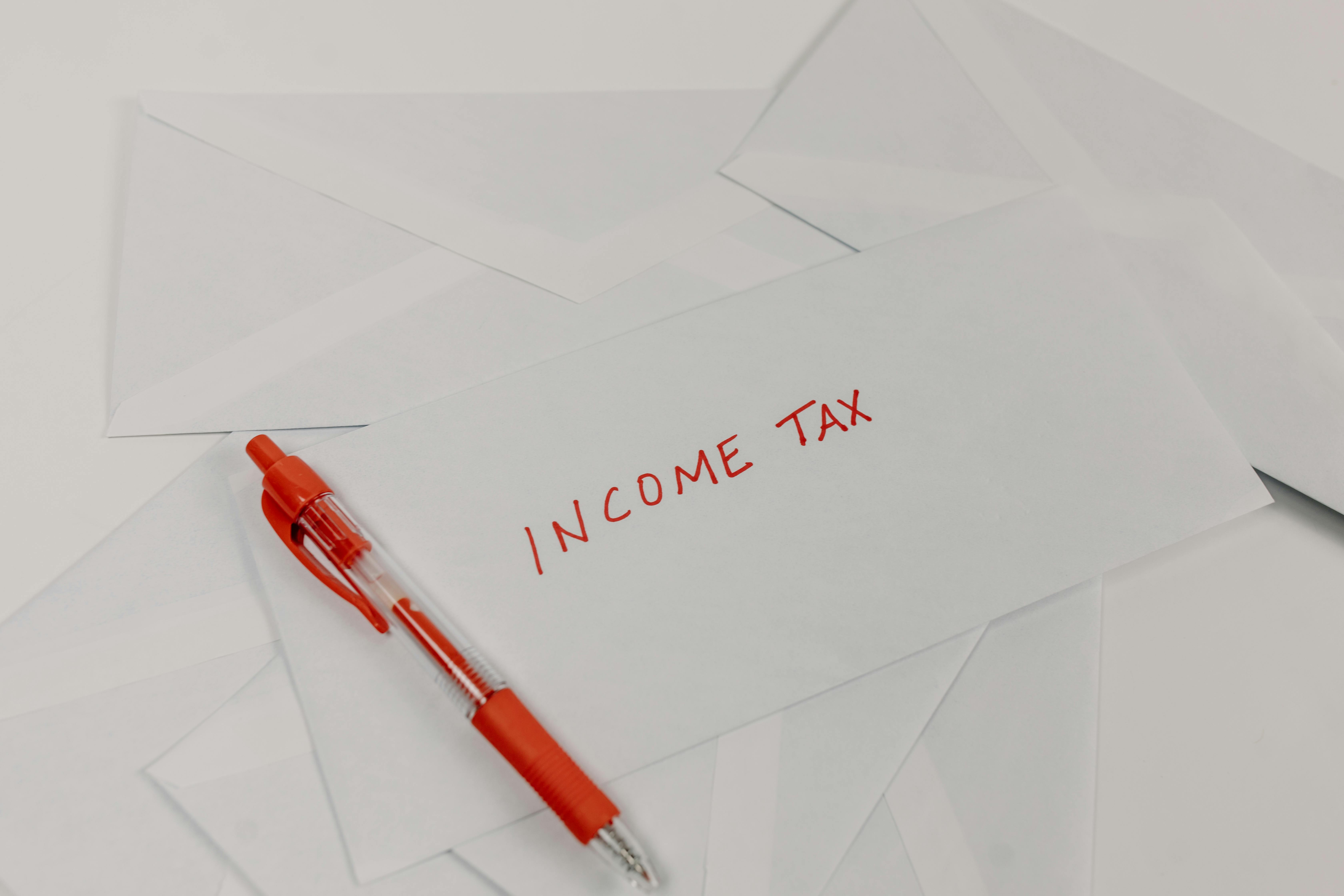
Apply Now


Effective Ways to Speed Up Nerve Regeneration After Prostate Surgery
Understanding Nerve Regeneration and Recovery
Nerve regeneration is a complex process that can significantly affect recovery after prostate surgery. Prostate surgery often incurs potential nerve damage, leading to a slower healing process and complications like erectile dysfunction or urinary incontinence. Understanding the mechanisms behind nerve healing is crucial for improving the overall recovery experience. This not only helps manage surgery side effects but also enables patients to take proactive steps toward recovery. By focusing on nerve repair techniques, patients can enhance their chances for better outcomes. One fundamental aspect of nerve regeneration is the role of neuroplasticity, where the nervous system adapts, wiring itself to recover lost functions. In 2025, achieving effective nerve regeneration requires an integrative approach combining medical interventions and lifestyle modifications. This incorporates physical therapy, rehabilitation exercises, and nutritional support that bolsters the healing process.Essential Nutritional Support for Nerve Health
Nutrition plays an essential role in healing post-surgery. Incorporating diets rich in essential nutrients promotes nerve growth and enhances nerve function. Specific vitamins, such as B12, are vital for nerve health, facilitating nerve cell growth and improving signal transmission. Omega-3 fatty acids are another crucial component in diets for patients recovering from prostate surgery, known for their anti-inflammatory properties that enhance nerve repair. Additionally, mindfulness practices can augment nutritional support by encouraging healthy eating habits. Mindful eating techniques help patients stay aware of their dietary choices, promoting resilience building and enhancing emotional wellness, which is vital during recovery. For optimal recovery, focusing on balanced nutrition not only aids physical healing but also assists in emotional regulation, making dietary considerations paramount.Physical Rehabilitative Strategies to Enhance Recovery
Physical rehabilitation is critical in promoting nerve health post-surgery. Activities like pelvic floor exercises and gradual activity increases can significantly improve nerve function and help in pain management. Movement therapy, including mobility enhancement exercises and proper hydration techniques, encourages blood circulation, thus speeding up nerve recovery. An individualized recovery plan should include a mix of physical activities tailored to a patient's abilities, alongside therapeutic massages and physiotherapy sessions. These strategies not only manage nerve pain but also support long-term healing processes. Engaging professional trainers and physiotherapists ensures that patients are following the correct forms, thus avoiding complications associated with improper techniques.Mindfulness and Stress Management Techniques for Recovery
Mental well-being is incredibly important during the recovery timeline following prostate surgery. Mindfulness and stress reduction techniques, such as meditation and cognitive behavioral therapy, can bolster emotional resilience. These strategies help patients cope with surgery coping mechanisms, enhancing their overall recovery experience. Moreover, creating interpersonal support networks through community resources and peer support can aid in emotional regulation. Incorporating gratitude practices and mindfulness exercises into daily routines not only improves mood but also facilitates nerve signal transmission—a vital aspect of nerve recovery. This holistic approach allows patients to focus on their mental health, ensuring a more comprehensive recovery pathway.Utilizing Complementary Therapies for Pain Management
In addition to conventional therapeutic methods, acupuncture for nerve pain has gained recognition for its pain relief benefits. This ancient practice aids in managing nerve pain effectively and can complement other pain management options while promoting nerve growth. Integrating acupuncture into recovery strategies can provide a multi-faceted approach to nerve care. Similarly, therapies such as electrical stimulation therapy, herbal remedies, and the use of therapeutic oils can all be valuable additions to post-surgery care. Implementing a combination of these methods tailored to individual needs can enhance pain relief and promote better healing, solidifying the foundation for long-term recovery.Long-term Strategies and Follow-Up Care
The journey to full nerve recovery extends beyond initial post-operative care. Regular medical follow-ups are essential in monitoring recovery indicators and adjusting rehabilitation exercises or nerve health supplements as needed. Engaging healthcare providers for health coaching and psychoeducation ensures that patients receive the support necessary for functional independence in their post-surgery lives. Additionally, adopting lifestyle changes, such as weight management and sleep quality improvements, plays a significant role in the long-term healing process. Strategies embedded within a well-thought-out recovery plan may include minimizing chronic inflammation through nutrition and incorporating activity tracking methodologies that foster accountability.Conclusion: Embracing a Holistic Recovery Approach
Ultimately, the key to speeding up nerve regeneration after prostate surgery in 2025 lies in embracing a holistic recovery approach. By focusing on nutritional support, practical rehabilitation exercises, mindfulness techniques, and thorough follow-up care, patients can turn their recovery journey into a proactive experience. In conclusion, managing nerve pain through a variety of strategies, such as physical therapy, nutritional support, and emotional well-being practices, will help individuals navigate the complexities of their recovery timelines effectively. Understanding the interconnectivity of these recovery strategies not only fosters better outcomes but also inspires patients to take charge of their well-being.
Frequently Asked Questions
What are the best vitamins for nerve healing?
Vitamins such as B12 and essential fatty acids like omega-3s play an instrumental role in nerve healing. They assist in nerve cell growth and function, making them crucial components of dietary considerations during recovery.How can physical therapy assist in nerve recovery?
Physical therapy enhances mobility, improves blood circulation, and aids in managing pain. It provides individualized recovery plans that focus on gradual activity increases, which support the healing process efficiently.What lifestyle changes can enhance nerve regeneration?
Incorporating a balanced diet, regular exercise, and mindfulness practices can significantly impact nerve regeneration. Avoiding nerve damage through healthy habits, such as maintaining proper hydration and sleep hygiene, is also vital.